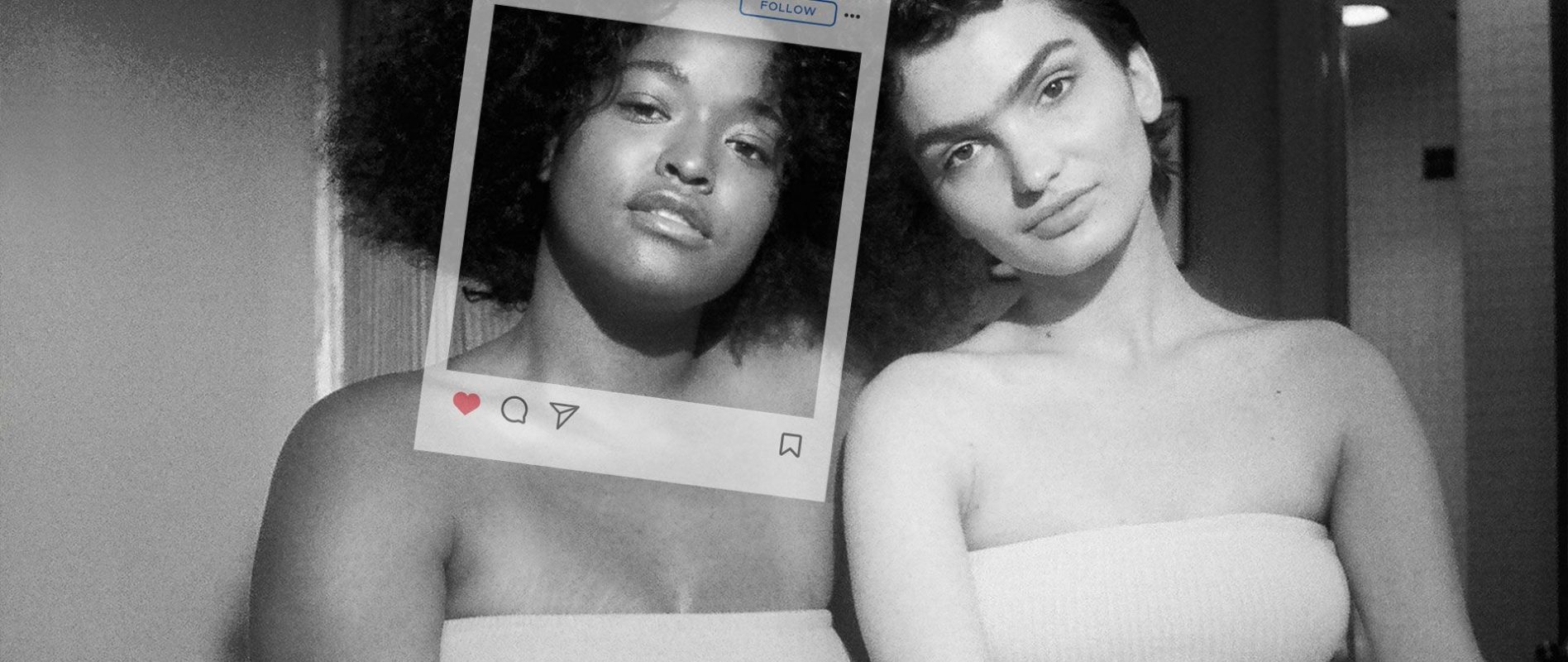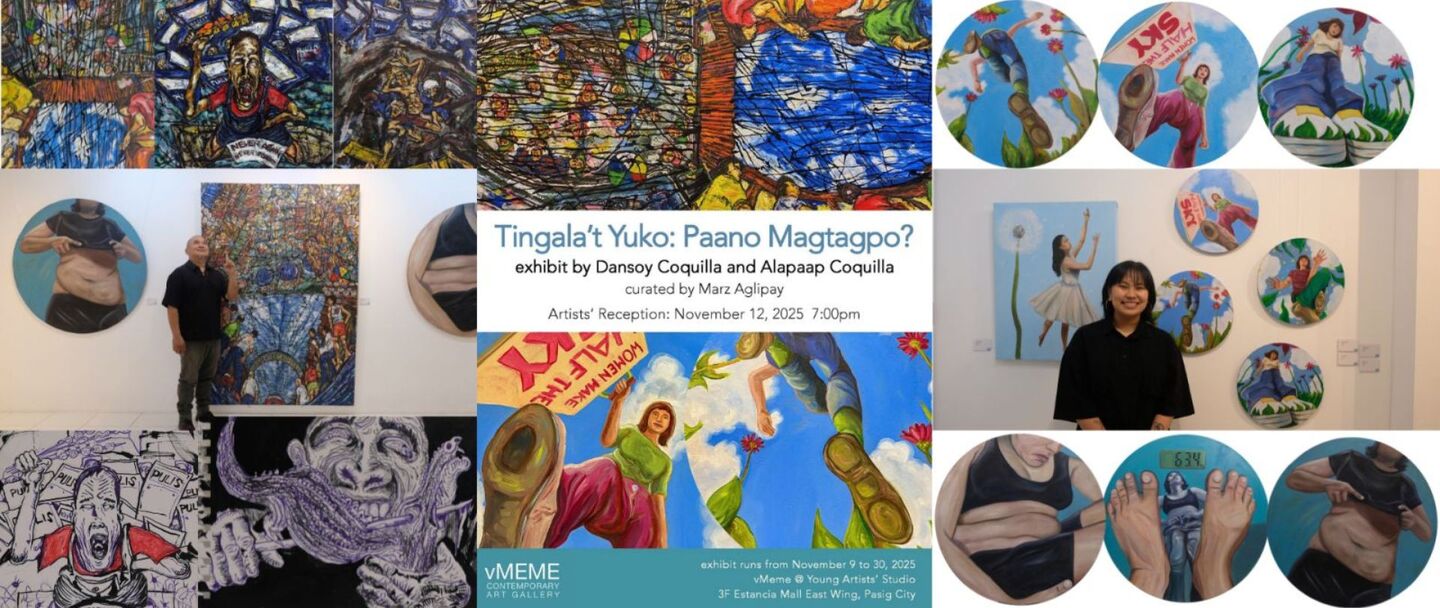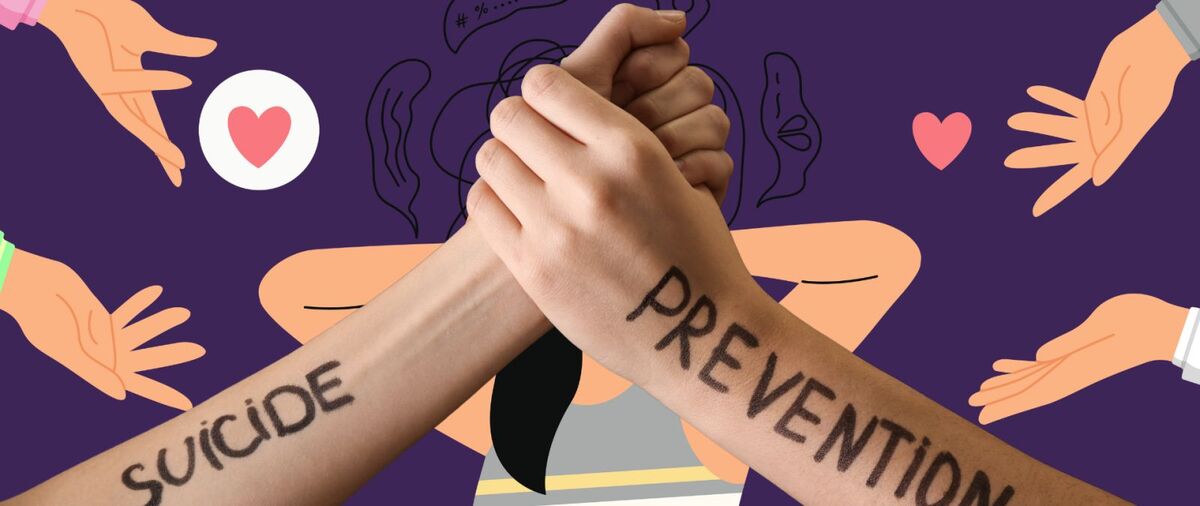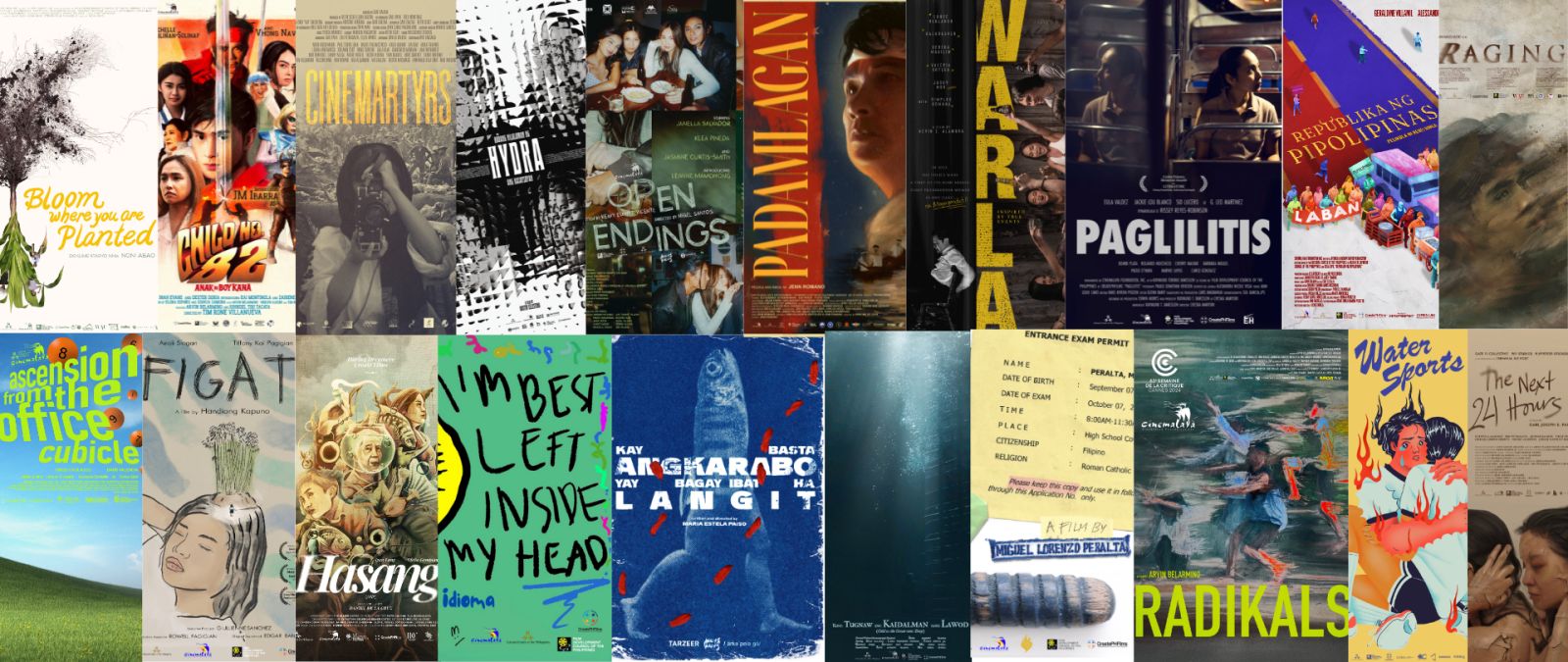MORE THAN MEETS THE EYE: UNDERSTANDING THE BLACK AND WHITE CHALLENGE
Over the past few days, social media platform Instagram, has been swarmed with black and white selfies of women—before eventually including men—with the caption, “challenge accepted”, garnering millions of colorless posts. But there's more to this trend than meets the eye.
Over the past few days, social media platform Instagram, has been swarmed with black and white selfies of women—eventually including men—with the caption, “challenge accepted”, garnering millions of colorless posts.
How it works is that a participant is tagged by a friend who posts a black-and-white photo of herself. The participant then posts her own and tags more women and “challenges” them to post their photos, so the cycle continues. To many, this campaign has been thought to have no organized call to action and no connection to a larger cause, a friendly online activity to pass time. However, this “trend” has a deeper, morbid cause to it than we think.
Recently, there surfaced a deeper explanation for the challenge’s roots—identifying its ties to Turkey, a country where women are murdered more than men with little to no justice. In 2019 alone, 474 women were murdered mostly by partners and relatives, making it the highest number in the country in a decade. Turkish women finally said enough is enough when recently, a local named Pinar Gultekin was brutally murdered in the hands of Cemal Metin Avci, her former partner whom she chose not to reconcile with.
Turkish women started posting black and white selfies in defiance of this brutal act of murder, and as a response to seeing only black and white photos of these murdered women everyday on television, newspapers, and social media—therefore adding a much grimmer layer to a “trend” that got so many to jump on board.
Instagram, of course, is a place where trends pick up fast in a span of days or even hours. While this is a big issue in Turkey, not many know the real cause of this challenge, thus treating it just as a usual women-empowerment-Instagram-fad where women, in an “exercise in vanity”, have the opportunity to post selfies… just that it’s in black and white.
Behavioral Scientist and Anti-Racism Educator, Dr. Priya Agarwal aired her thoughts on how this has become a mere trend for the rest of the world, saying in her post, “It is a very serious gesture of defiance in support of the Turkish Women (Turkey has one of the highest femicide rate), in support of Pinar Gultekin who was killed in the most violent manner, in support of every woman who has felt threatened and unsafe. This is a show of solidarity to say that we stand together, we are unafraid, we are fed up of the lack of accountability for the perpetrators.”
However, in response to the “inaccurate” reports said about the challenge’s roots, New York Times writer Taylor Lorenz shared that the black and white challenge traces its origins years ago, in 2016, in a campaign for cancer awareness, supported by data dug by experts in Instagram and Facebook. It means that its sole root is not just this movement in Turkey, but many more in the past years, which explains how people in social media treat it as a mere trend which might eventually die down. But who knows?
Famous celebrities such as Jennifer Lawrence, Paris Hilton, and Kristen Bell have posted their own black and white photos with their interpretation of the challenge being for women supporting women.
Others like Padma Lakshmi incorporated racial injustices, including photos of black women who were murdered, their stories, and the involved officers’ status.
In the Philippines, actresses Angel Locsin, Bea Alonzo, Dimples Romana, among others, have chimed in on their own black and white entries.
While it is definitely a movement for women by women, the black-and-white challenge is an example of how a campaign like this becomes fluid to other movements as well, with social media right in our hands and it is up to us to give value to things we do in and out of social media.
Will this stay up or will it just be a trend that disappears with time? In the next years, a resurgence perhaps in the form of a different cause? No one knows.














